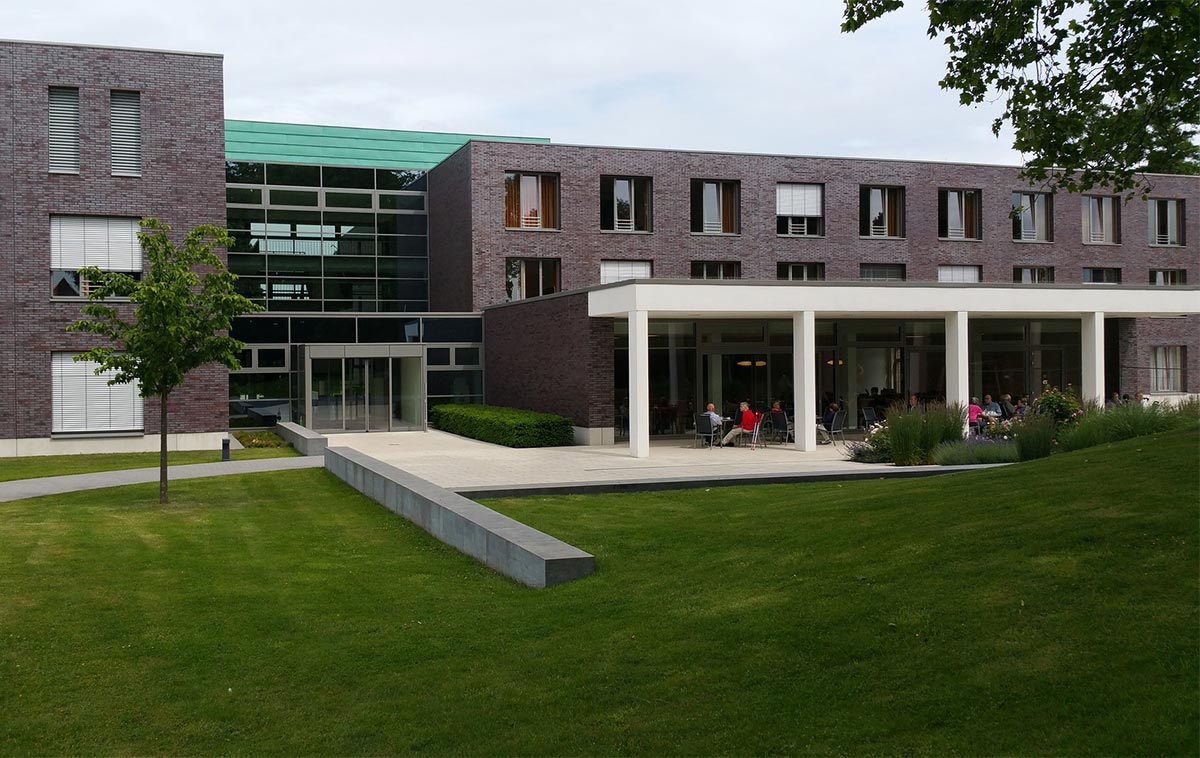The National Institute on Drug Abuse estimates the annual health care costs of illicit drug abuse at around $11 billion, and yet only 1 in 10 addicts receive the treatment they need.
If you are seeking treatment and are looking to begin recovery for an addiction, you can avoid becoming another failed statistic by making very deliberate choices about your recovery options. The choices you make about the context of your recovery will determine its success. If you want your recovery to be a success story, you will need to pay close attention to these choices.
Why Choose a Rehabilitation Center?
For most people, a rehabilitation center is the best place to begin recovery from drug abuse. This can be a scary step, but entering a treatment facility is nothing to fear. These places are specially designed to help you and make your recovery easier. Most centers even have financial counselors to help you finance your stay and find out if you are covered by your insurance.
There are rehab centers in every state all over the country, and the amount of choices available to you may seem overwhelming. But by keeping a few basic questions in mind, you will be able to narrow down your search.
Location Matters
Firstly, where would you like to attend a rehab center? The region or location of a facility could define some of the activities the center provides. For example, many rehab centers in Texas are built on a ranch and may offer activities such as horseback riding. Or maybe you would like to attend a center near a coast. These centers may provide access to activities such as surfing or volleyball. Being at a center that provides physical activities can be very therapeutic. This gives patients a way to build new routines around their recovery and distract themselves from cravings or withdrawals. Regular exercise has even been shown to reduce the likelihood of drug use by as much as 40% in some cases.
Individualized or Group Therapy?
You should ask yourself how much you want your recovery to rely on group support. Rehab centers can offer individualized or group-centric recovery programs. While most facilities often have the resources for either route, their programs typically favor one approach over the other. Before picking your facility, find out which approach they lean towards and how they might accommodate different preferences. If you are offered a tour of the center, ask your tour manager these questions. Or you might be able to find this sort of information on their website.
You can learn more about the benefits of the two different approaches, but only you will know which therapy will work best for your recovery. If you are more of a people person, group therapy may be great for you. But remember to consider your circumstances when you leave the center. If your recovery was group-oriented within the rehab center, but then you are alone when you get home, the transition could be too much of a shock to your recovery. This is a potentially damaging effect. Instead, you will want to seek out conditions during your recovery that you can replicate when you return home. This gives your recovery the best chance of surviving.
The Importance of Aftercare
While choosing the right rehab center is critical, equally important is ensuring that the facility offers a strong aftercare program. Recovery does not end when you leave the center; in many ways, it only begins. Aftercare services such as ongoing counseling, support groups, and regular check-ins with therapists can help sustain the progress made during rehabilitation. Many rehab centers provide a detailed plan for continued support, including resources to find local meetings or online support networks.
Additionally, some facilities may offer transitional living arrangements, such as sober living homes, to help bridge the gap between rehab and independent living. These programs create a supportive environment where individuals can continue practicing their recovery skills while gradually reintegrating into society. Ensure that any rehab center you choose has a comprehensive aftercare program tailored to your needs.
Family Involvement
Recovery is not just about the individual; it often involves their family and close friends. Some rehab centers emphasize family therapy as part of the recovery process. This approach helps address underlying issues, improves communication, and fosters a support system for the recovering individual. If you believe your family plays a significant role in your recovery, consider a facility that actively involves loved ones in the process.
Holistic and Specialized Approaches
Another consideration is whether the rehab center offers holistic or specialized treatment programs. Some centers integrate alternative therapies like yoga, meditation, art therapy, or acupuncture into their recovery plans. These methods aim to heal not just the body but also the mind and spirit, promoting overall well-being. For individuals with co-occurring mental health disorders, such as anxiety or depression, a dual-diagnosis facility that addresses both addiction and mental health issues may be the best choice.
Final Thoughts
Choosing the right rehab center can feel overwhelming, but taking the time to research and evaluate your options is crucial for long-term recovery. Consider the location, therapy approach, aftercare support, family involvement, and any specialized programs when making your decision. Remember, recovery is a journey, and finding the right support system at the beginning of that journey can make all the difference in achieving a healthier, happier life.













